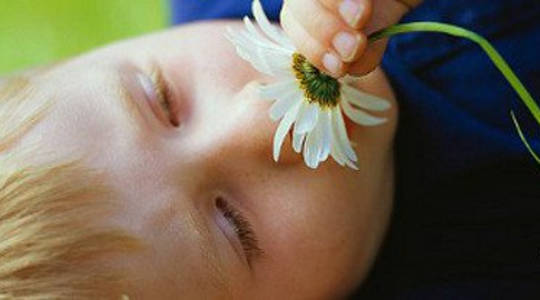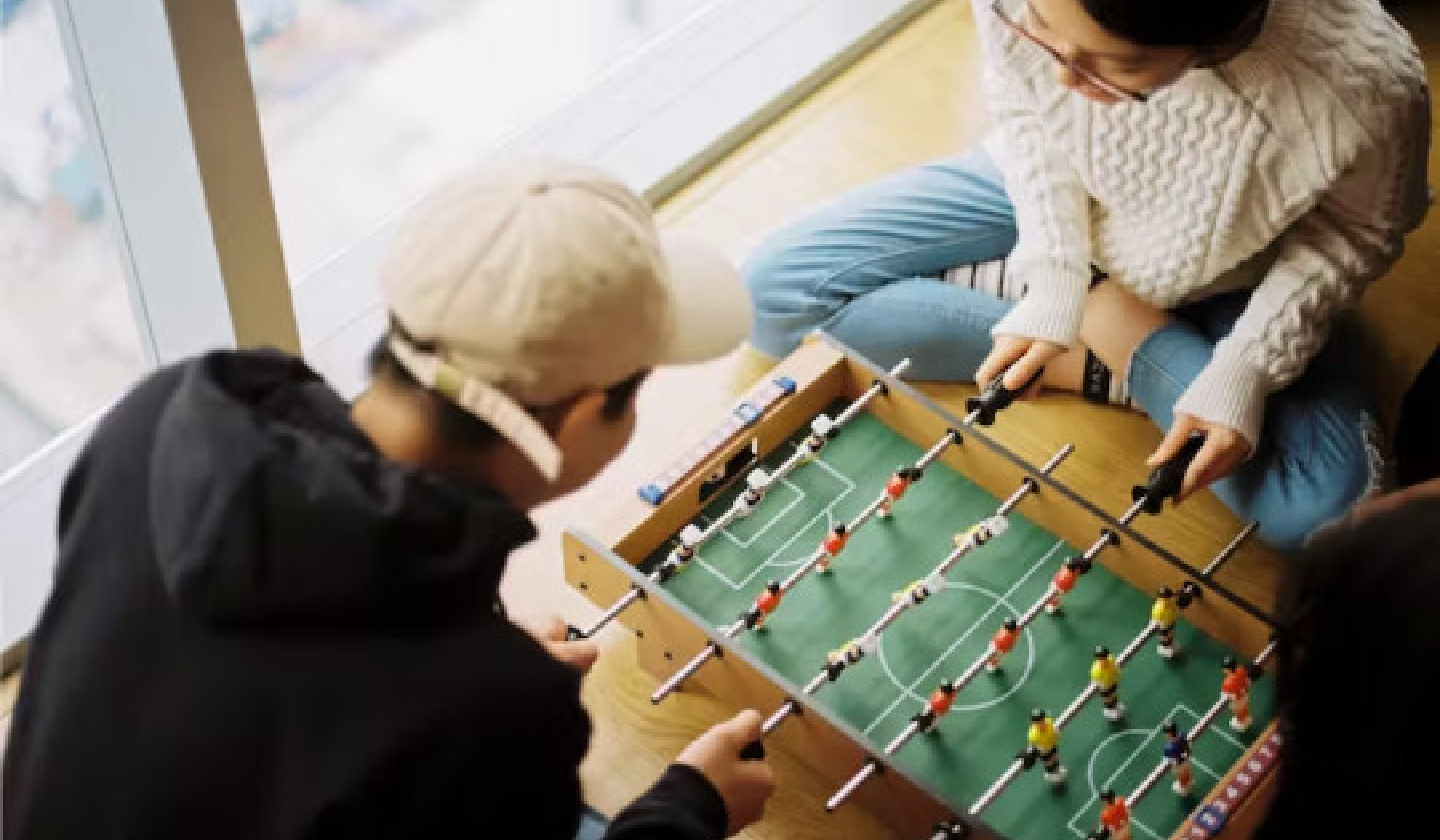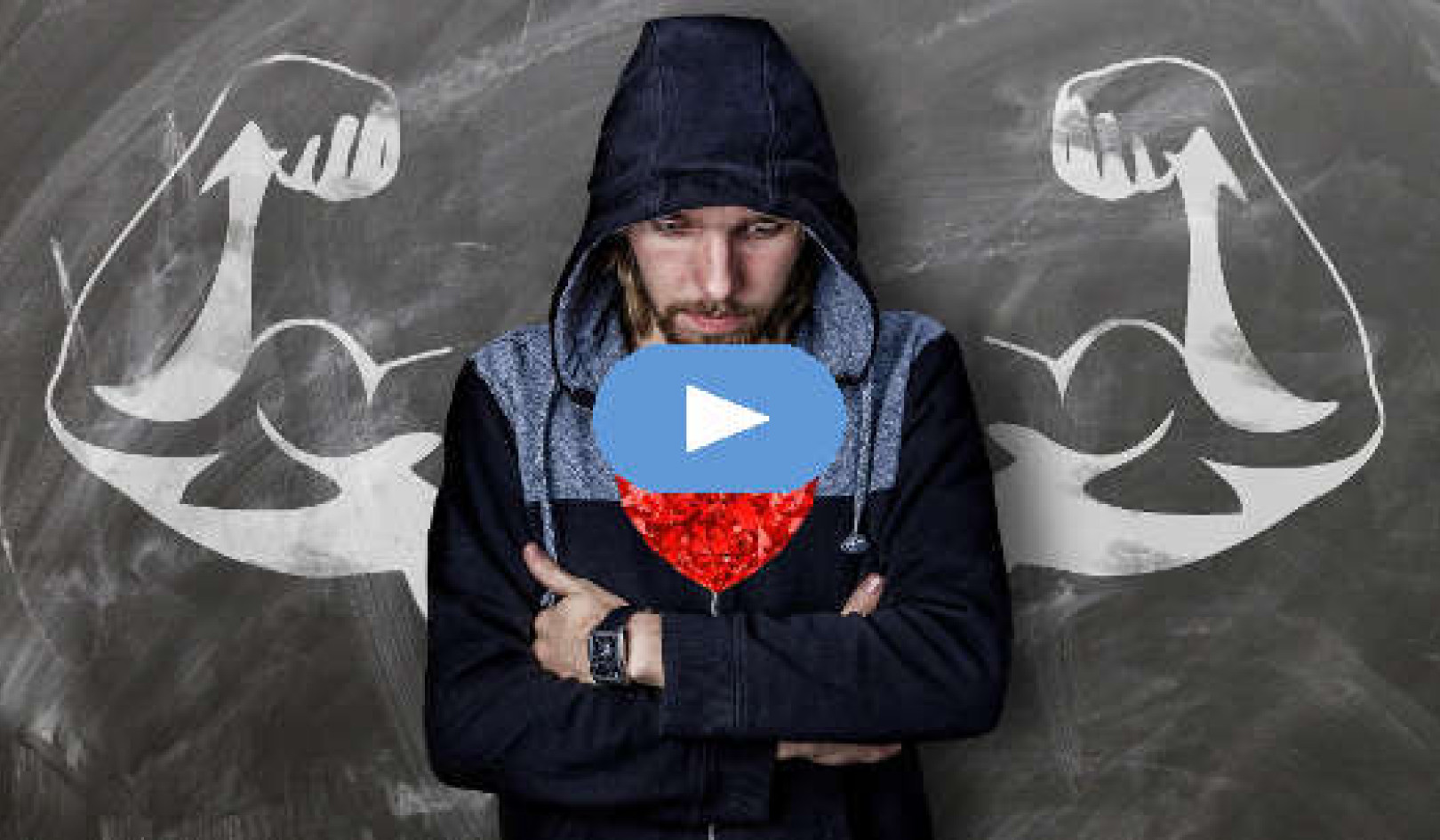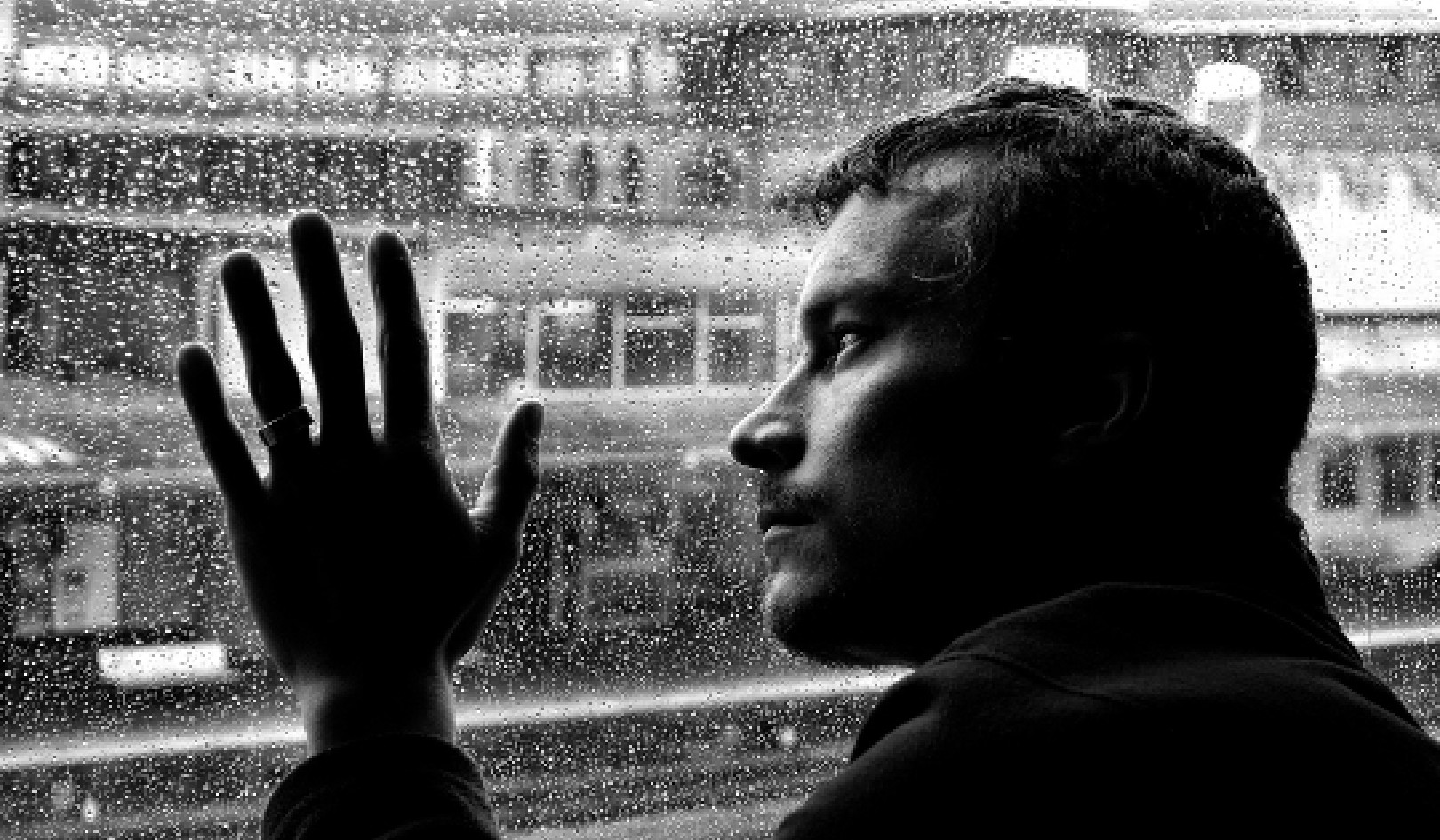
We are moving away from the old "martyr" ethic of suffer and sacrifice yourself for others, to one of realizing that if we are to love humanity as a whole, we must first love humanity in a unit of one -- our own self.
Now, I've been working on this "loving myself" lesson for many years... and I'd been thinking that I had succeeded. That I finally loved myself.
And then, upon reflection, I realized that I had only touched the surface. I started looking at what loving someone really meant, and when I applied those same definitions to myself, saw that I was missing the mark, in many ways.
What Does It Mean To Love Someone?
So let's take a look. First, how do we define Love. What does it mean to love someone. Our friend Webster wasn't too helpful. His dictionary defines love as: 1. a deep affection or liking for someone or something (OK, that works); 2. a passionate affection of one person for another (that can be part of it); 3. the object of this; sweetheart; 4. sexual passion or intercourse (that can be part of it); 5 in tennis a score of zero (hum, not being a tennis player, I can't see any correlation in this...).
Well, since Webster didn't help much, I was forced to make my own definition... or perhaps to look rather at the effects of love. "By their fruit ye shall know them."
What Are The Fruits of Love?
OK, so what are the fruits of love? Perhaps if we answer that question, then we can see if we do love ourselves... How do you behave towards someone when you love them?
Definition #1. When we love someone we desire their happiness.
Do I desire my own happiness? Well, of course... at least on a "first reaction" basis. I obviously don't desire my unhappiness. But do I follow up on it? It is one thing to say that we love someone and desire their happiness, but when we have to make choices that prove us truthful or not, do we pass the test?
If we truly desired our happiness, would we remain at jobs that deaden our sense of life? Would we stay in situations that are harmful to us and lead us into depression? Would we refuse to give ourselves the nurturing and love that we need?
Are We Truly Choosing Happiness for Ourselves?
I must admit, that when honestly faced with this self-examination, I saw that though, superficially, I could say that of course I desire my own happiness, in reality, I wasn't living up to that "fact". I wasn't walking my talk, as they say. I said I wanted "me" to be happy, but in some cases, I would choose security or safety over taking the leap that might lead into happiness.
I remember carrying around in my wallet for years a short poem that went something like this:
If you love something, set it free.
If it comes back, it is yours.
If it doesn't, it never was.
Are we willing to set ourselves free from our own restrictions and patterns and limitations? Are we willing to step away from the safety of our present, to go forward to the unknown which may hold our abundant happiness?
Are we afraid of what we will lose if we take the risk to step out of our cocoon of safety, of our daily routines that feel safe and familiar? Are willing to set ourselves free, or are we afraid?
What Will It Take To Really Really Love Ourselves?
Do we desire our happiness enough to be willing to take great risks for it? To follow our bliss, to reach for our dream, simply because it holds promise of happiness? Or are we holding back for fear of losing something that we know is only a portion of happiness, not the whole manifestation of it... How much are we willing to love ourselves? When we say we want happiness for ourselves, are we willing to walk our talk?
Definition # 2. When we love someone we give them the best we can.
OK, so if I love myself, why do I not give myself the best food, the best attention, the kindest care? Why do I put these first: my work, my deadlines, my bills, my spouse, my obligations, my whatevers... If I loved myself, I would be willing to lay aside other considerations to give myself these things that would be of benefit to me -- taking time for a walk, a massage, a good meal, a chat with a friend, a yoga class, whatever...
Are We Settling for Leftovers?
 Am I really giving myself the best I have, or am I simply settling for leftovers? Whatever time is left after my busy day is for me -- leftover time, when there is any. Whatever energy is left after pouring it out for others and for my goals, is for me -- leftover energy, when there is any. Whatever money is left after paying bills, and buying "necessities", is for me. Whatever is left, is for me. Is that love? Is that how we treat someone we love? We give them leftovers -- if there are any?
Am I really giving myself the best I have, or am I simply settling for leftovers? Whatever time is left after my busy day is for me -- leftover time, when there is any. Whatever energy is left after pouring it out for others and for my goals, is for me -- leftover energy, when there is any. Whatever money is left after paying bills, and buying "necessities", is for me. Whatever is left, is for me. Is that love? Is that how we treat someone we love? We give them leftovers -- if there are any?
I remember my mother making pancakes for us on Sunday mornings. She would stand at the table with the electric frying pan making pancakes and pass them along to us so we could eat them while they were still hot. She would stand making pancakes until we had all eaten our fill, and then, and only then, would she make some for herself, sit down and eat them.
Are we doing the same in our lives? Are we making pancakes for everyone else, and only taking care of ourselves after everyone else in our lives has gotten their fill? Are we busy nurturing everyone else, taking care of everyone else's needs, putting everyone else first? Are we forgetting that we count too? That we should love ourselves at least as equally as we love other people, pets, and "things" in our life (our car, our house, our job...).
Now, on some level, we might say we take good care of ourselves. Maybe we have our hair done regularly, or our nails, or go to the gym. But what is the motivation? Is it really for us, or is it rather to live up to some standard that we feel we must meet? Do we do these things for our own true happiness, or simply because it's part of what one must do in this society... Hair, makeup, nails, slimness, appearance... Do these things bring us happiness, or are they simply the glitter. Just as "all that glitters is not gold", all that looks like self-love is not necessarily love.
Perhaps these things we do are simply more martyrdom... doing it to please someone else, to live up to someone (or society's) expectations... Do these things we do bring us increased happiness?
Accepting Our Errors and Imperfections... That's Self-Love
Definition #3. When we love someone, we accept their foibles, their errors, their imperfections, just as we celebrate their being in our life.
Do we celebrate our "being"? Do we appreciate ourselves even though we are not "perfect"? Are we willing to overlook and even laugh at our own foibles and imperfections? Are we willing to say "no problem" when we commit an error or faux-pas?
Or do we call ourselves names like "stupid" or "nitwit" when we make a mistake? Do we use our mistakes as proof that we are "messed up" instead of simply seeing these errors as a learning experience we have gone through? Are we quick to judge and criticize ourselves internally when we don't live up to our own expectations of "perfection"?
Is That Love?
I must say that upon self-examination, I found that I had a ways to go before I could truly say that I loved myself.
Perhaps an easier goal would be to simply take it one day and one action at a time. Rather than set such an abstract goal as "I will love myself completely", it would be better if we set more concrete goals. Perhaps we need to make our goals more action-oriented.
How Do I Love Thee? Let Me Count The Ways
First, ask yourself how you could show yourself that you love yourself. Imagine you were in a relationship with yourself (which of course you are), what would this dream lover (you) give you to show that he/she loved you? Would it be flowers? Would it be a gift of a massage? Perhaps tickets to hear a favorite band, or play, or movie... Perhaps, a day off in the middle of the week every now and then. Perhaps a weekend away from the phones and any "obligations"... perhaps... _______________________________________________
(you fill in your own ideas here...)
What would this dream lover give you? Prepare a meal for you? Well, then order some food from your favorite restaurant to be delivered... Bring you flowers? Stop and pick some up. Give you a massage? Make an appointment with your favorite massage therapist, or if you're on a slim budget, call your local massage school and inquire about their student clinics.
Whatever your "dream lover" would bring you, give it to yourself... However you would see love translated into actions, take those actions for your own self. Learn to treat yourself lovingly.
Loving Yourself, Right Here, Right Now
Rather than having a elusive goal of loving yourself, someday, after you've worked out all your "stuff", just start taking action now. There a methodology called "acting as if". OK, well act "as if" you loved yourself unconditionally, even if you don't.
If you loved yourself, would you buy yourself that junk food and cram it down as fast as it will go? Would you eat too much? Would you.... whatever your favorite self-abuse activity is, would you do that to someone you loved?
So rather than wonder and worry about whether you love yourself, and whether or not you'll ever be able to do so, ACT AS IF. Start treating yourself the way you would treat someone you are totally and unconditionally in love with. If you don't know how that would be, just ACT AS IF. Start one step at a time. One day at a time. One action at a time.
Start right now. If you were the person you love the most in the whole world, right this minute, what you want to give to that person. What would that person want to receive?
You do have an advantage here. Being both the "lover" and the "lovee" you don't have to guess as to what your loved one would want... You already know... Did you remember to look within and ask?
InnerSelf Recommended book:
Finding Your Own North Star: Claiming the Life You Were Meant to Live
by Martha Beck, Ph.D.
Click here for more info and/or to order this book
About The Author
 Marie T. Russell is the founder of InnerSelf Magazine (founded 1985). She also produced and hosted a weekly South Florida radio broadcast, Inner Power, from 1992-1995 which focused on themes such as self-esteem, personal growth, and well-being. Her articles focus on transformation and reconnecting with our own inner source of joy and creativity.
Marie T. Russell is the founder of InnerSelf Magazine (founded 1985). She also produced and hosted a weekly South Florida radio broadcast, Inner Power, from 1992-1995 which focused on themes such as self-esteem, personal growth, and well-being. Her articles focus on transformation and reconnecting with our own inner source of joy and creativity.
Creative Commons 3.0: This article is licensed under a Creative Commons Attribution-Share Alike 4.0 License. Attribute the author: Marie T. Russell, InnerSelf.com. Link back to the article: This article originally appeared on InnerSelf.com































